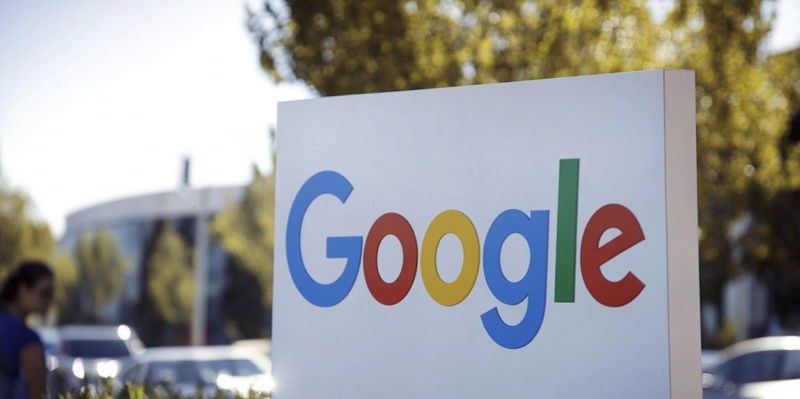The US Consumer Financial Protection Bureau (CFPB) has taken decisive steps to place Alphabet’s Google under formal federal supervision. This bold move, as reported by the Washington Post, follows extensive discussions by the US Department of Justice (DoJ) regarding Google’s antitrust violations through its search engine monopoly, which could potentially lead to the breakup of key components such as Chrome and Android OS. In August, a federal judge found that Google had invested substantial sums to maintain its dominance as the top search engine, prompting regulatory bodies to consider more severe corrective actions.
Google, however, has not passively accepted these regulatory pressures and has engaged in secretive negotiations to avoid a breakup. The lawsuit, named “United States v. Google,” originally commenced in 2020 under the Trump administration. Google has signaled its intention to appeal, foreshadowing a protracted legal battle. With the CFPB’s involvement, scrutiny on Google intensifies, allowing regulators to access Google’s internal records to identify and address any unsound practices. The CFPB, established after the 2008 financial crisis to regulate the banking sector, underscores its expanding oversight scope by stepping into the tech industry’s regulatory battles.
Big Tech Under the Microscope
At the same time, other tech giants are not escaping regulatory attention. A federal judge recently ruled that Meta must stand trial regarding accusations of maintaining a social media monopoly. Furthermore, the Federal Trade Commission (FTC) is set to investigate alleged anti-competitive practices within Microsoft’s cloud computing services. Interestingly, in an ironic twist, Google had previously accused Microsoft Azure of violating fair competition in the cloud market. This development illustrates the tangled web of competition within the tech industry.
US regulators, including the DoJ and FTC, have persistently challenged Amazon and Apple over monopoly concerns, mirroring a broader trend of amplifying regulatory pressure on Big Tech. These actions reveal a deliberate and sustained effort by authorities to ensure that no single company gains disproportionate power and control within the market. Alphabet, Google’s parent company, has yet to respond to these recent developments, which indicates the escalating tensions between regulatory bodies and major technology firms.
Legal Maneuvers and Future Implications
The US Consumer Financial Protection Bureau (CFPB) is now placing Alphabet’s Google under formal federal supervision, a move detailed by the Washington Post. This action follows the US Department of Justice (DoJ)’s lengthy discussions on Google’s antitrust issues linked to its search engine monopoly, which might result in breaking up key assets like Chrome and Android OS. A federal judge ruled in August that Google spent vast amounts to remain the leading search engine, causing regulators to consider more stringent measures.
Google isn’t taking these regulatory challenges lightly and has entered secretive talks to avoid a breakup. The lawsuit, “United States v. Google,” initially began in 2020 during the Trump administration, and Google plans to appeal, indicating a lengthy legal fight ahead. With CFPB’s involvement, scrutiny on Google intensifies, giving regulators access to Google’s internal records for spotting and addressing any poor practices. The CFPB, created after the 2008 financial crisis to regulate banking, demonstrates its expanding oversight by stepping into tech industry regulation.

